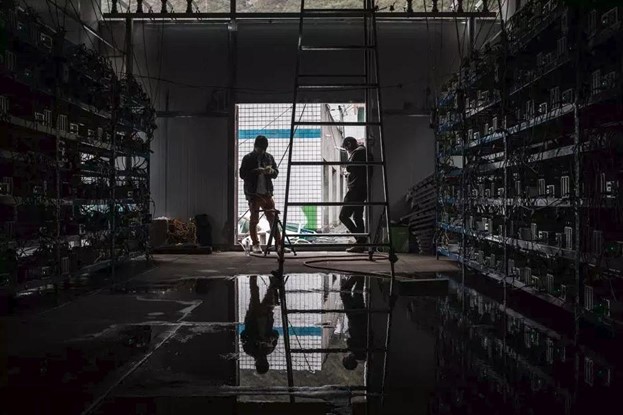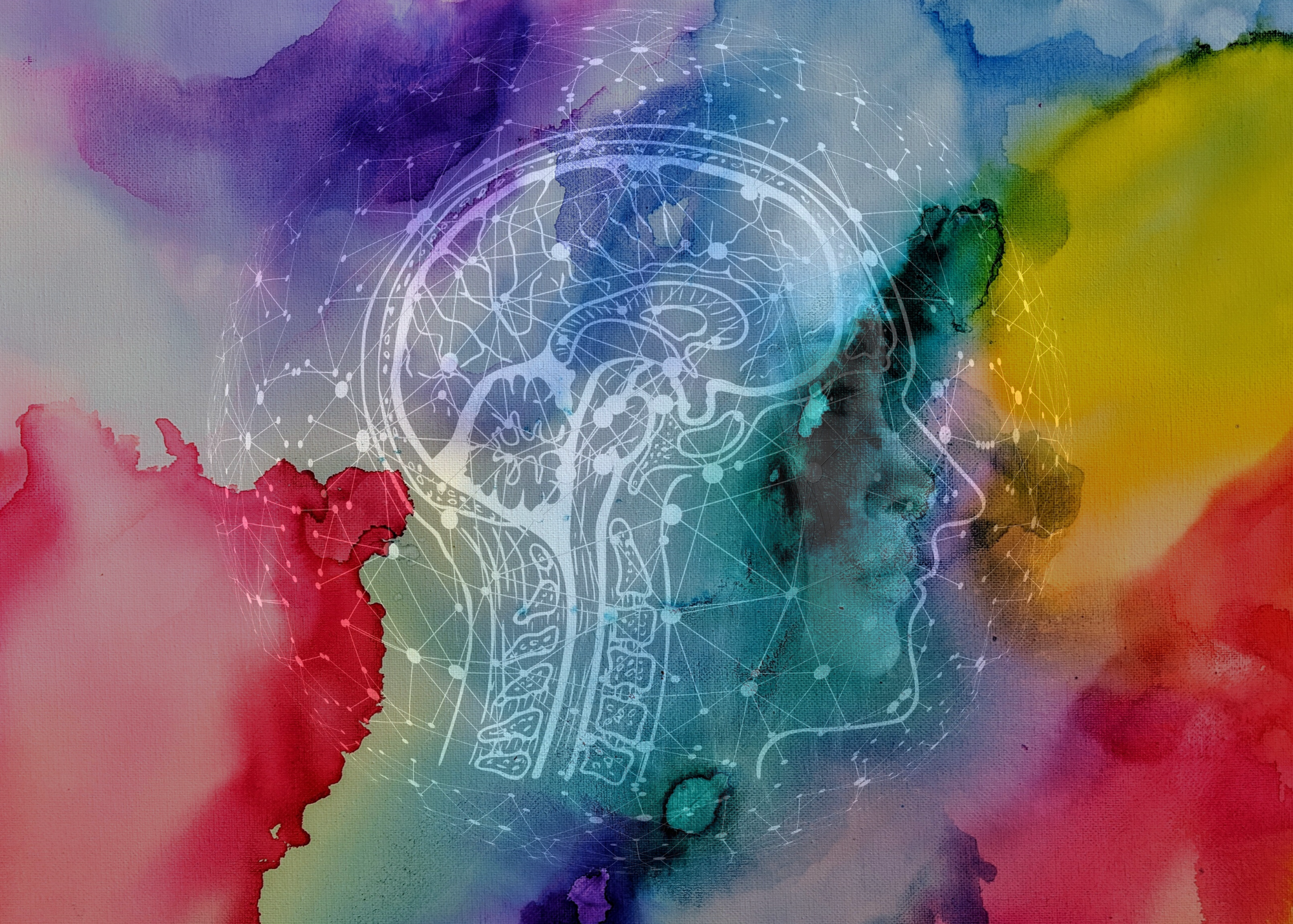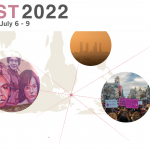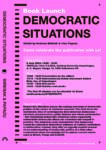Based at the IT University of Copenhagen, the section of Technologies in Practice conducts qualitative studies of technologically mediated practices in organisations and everyday life.
The vast majority of societal challenges demand critical engagement with contemporary technologies.
Our interdisciplinary environment provides students and researchers with the resources necessary for analysing entanglements of the social and technical with and through IT.
News
TiP @ EASST 2022
CONFERENCE THEME Politics of Technoscientific Futures This years EASST is taking place in Madrid from June 6-9 and it goes without say that the programme of the year is drizzled with participants from TiP. TiPsters that take part in trying to answer and expand on some of the important questions mentioned in the description of […]
Come to a Book Launch!
Democratic Situations eds. Andreas Birkbak & Irina Papazu Come and celebrate the publication of the new book from Mattering Press with us! Time & Place 8 June 2022, 14:00 – 15:30 TANTLab, room 2.3.002a, Aalborg University Copenhagen, A. C. Meyers Vænge 15, 2450 København SV Program* 14:00 – 14:15 Presentation by the editors 14:15 – […]
 TiP on Mastodon
TiP on Mastodon
- UntitledSuper proud of TiP member Irina Papazu for winning the Freeman Award, with co-editor Andreas Birkbak for the book "Democratic Situations". The prize will be awarded at the #EASST4S24 conference - for mroe see here https://tip.itu.dk/2024/07/04/democratic-situations-wins-the-freeman-award/
- UntitledWondering what to go and see at 4S/EASST this year? Take a look at the TiP Panels and presentations - quick summary here. https://tip.itu.dk/2024/07/04/4s-easst-making-and-doing-transformations/ #EASST4S24
Research
We are an interdisciplinary group, with a shared interest in qualitative studies of technologically mediated practices. Our work is funded by the Danish Research Council, European Union's Horizon 2020 program, Carlsberg Foundation, Innovation Foundation, Novo Nordisk and the Velux Foundation.
Teaching
We closely integrate our role as educators with our work as a research group. Our international faculty use insights from around the world in their teaching. Our teaching draws on disciplinary backgrounds such as information studies, history, anthropology, sociology, and critical computer science. We aim to help students address the critical questions arising at the intersection of society and technology.





